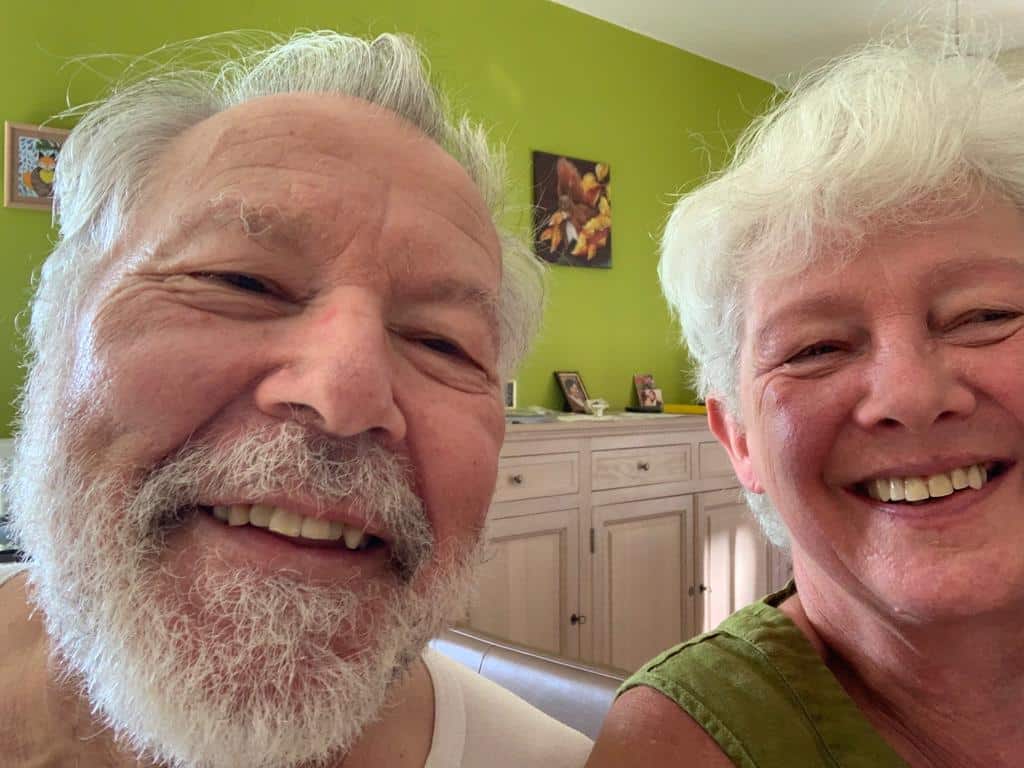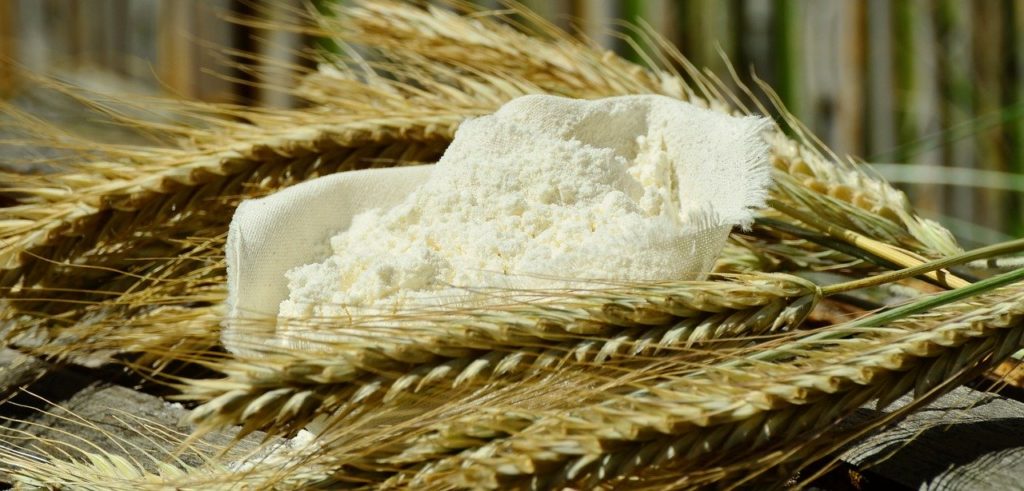
Roger Quintens, 75, living in Belgium, and Clonakilty resident Marleen Drijkoningen, 64, are in a long-distance relationship, cocooning together but apart during the current pandemic. The happy couple, who were first acquainted 50 years ago – when they were both involved in organising strikes to prevent the closure of the Belgian mines, met again for the first time last year. Friendship and love developed. Proving that love knows no boundaries, the couple now spend hours together every evening, chatting and doing crossword puzzles and meditation exercises through video chat. Roger tells us what life is currently like in Belgium, where the lockdown has been extended until May 3 and what he has learned from the current crisis.
Today I was so pleasantly surprised when I was doing my daily walk in the park. Someone called my name ‘Roger!’ and just the fact he was greeting me sincerely really made my day. This is something that only I could experience, as I’ve been so separated from the outside world.
Although federal elections took place almost a year ago, Belgium is still struggling to install a permanent federal government. As the coronavirus is dominating daily life, politicians only succeeded in creating a provisional government to take the necessary decisions for health and economic matters. Specifically, we are in a lockdown: only vital institutions are allowed to stay open for example hospitals, public transport, police and food stores. Schools are closed.
The main focus is to minimise the spread of the infection and to battle the virus. People are not allowed to do any unnecessary movements. And if one does need to move, social distance must be kept. Policemen can penalise people up to €250 or more. If you feel ill you must contact a medical doctor by phone in order to check if you need to be hospitalised or not. When the Covid symptoms are mild, you will be advised to stay home. Only those who actually have to go to hospitals will be tested for Covid-19 and these cases are also taken into account within the official number of infected people. According to virologists Belgium has probably reached its peak, as the amount of new infections is flattening. Beside the hard facts, there is naturally also a psychological and ethical impact on people. The psychological impact is tremendous for patients, doctors, caretakers and families, as they are being confronted with suffering and death with no comparison.
Fear and panic are growing among all ages. Fortunately there is also a growing awareness of values in life. Is money more important than our health for example? Do politicians have the courage to implement these choices in their decisions and debates? Finally we are also being confronted with the spiritual impact, as pain, suffering and death are coming so close to us. What is the meaning of life or does it make any sense? More than ever we are invited to reflect on all this.
Personally I ask myself what I can learn from all this. I know from my experience that we always learn a lot of things from these difficult situations. During this lockdown, I have learned how we are all related to each other. Borders between countries do not actually exist. Humans only created them to protect themselves. Neglecting these deeper connections between people, as some presidents tend to do, is really disastrous, as millions of lives are at stake.
New situations always bring new opportunities and challenges: for example in many families both parents are now at home with their children. This situation can become a burden to the parents or, on the other hand, can create the opportunity to spend more quality time with each other. Unfortunately some parents just can’t deal with the situation. There has been a rise in domestic violence and many are asking to re-open schools as soon as possible because of this. Wouldn’t it be better to ask for help from one another instead. We are not used to reflecting on ourselves in a realistic manner. Hence it is so difficult in our culture to admit that we have a problem and are willing to ask for help.
Last year, I was asked to contact Marleen for a project we both participated in 50 years ago; we used to organise strikes in order to prevent the closing of Belgian Coal Mines. Telephoning her regularly for an interview, a lot of good old memories were brought up and it opened our hearts in such a way that we became friends. I visited her in Ireland and we fell in love with each other. I had to return to Belgium, as I am recovering from a stroke and need medical treatment.
In the meantime, the coronavirus has made it impossible for us to travel. As we have to stay put in our homes, Marleen and I have been creating our own quality time through video chat. In this way we communicate every evening. We speak about our families, activities, our feelings and so much more. For these couple of hours, we are there for each other and enjoy a wonderful time. We spent Easter also like this – in a virtual manner. We like to do crosswords as we are online and also practice meditation exercises from Deepak Chopra. Our focus in this meditation is abundance in this period of scarcity. In this way we experience that life is wonderful.


